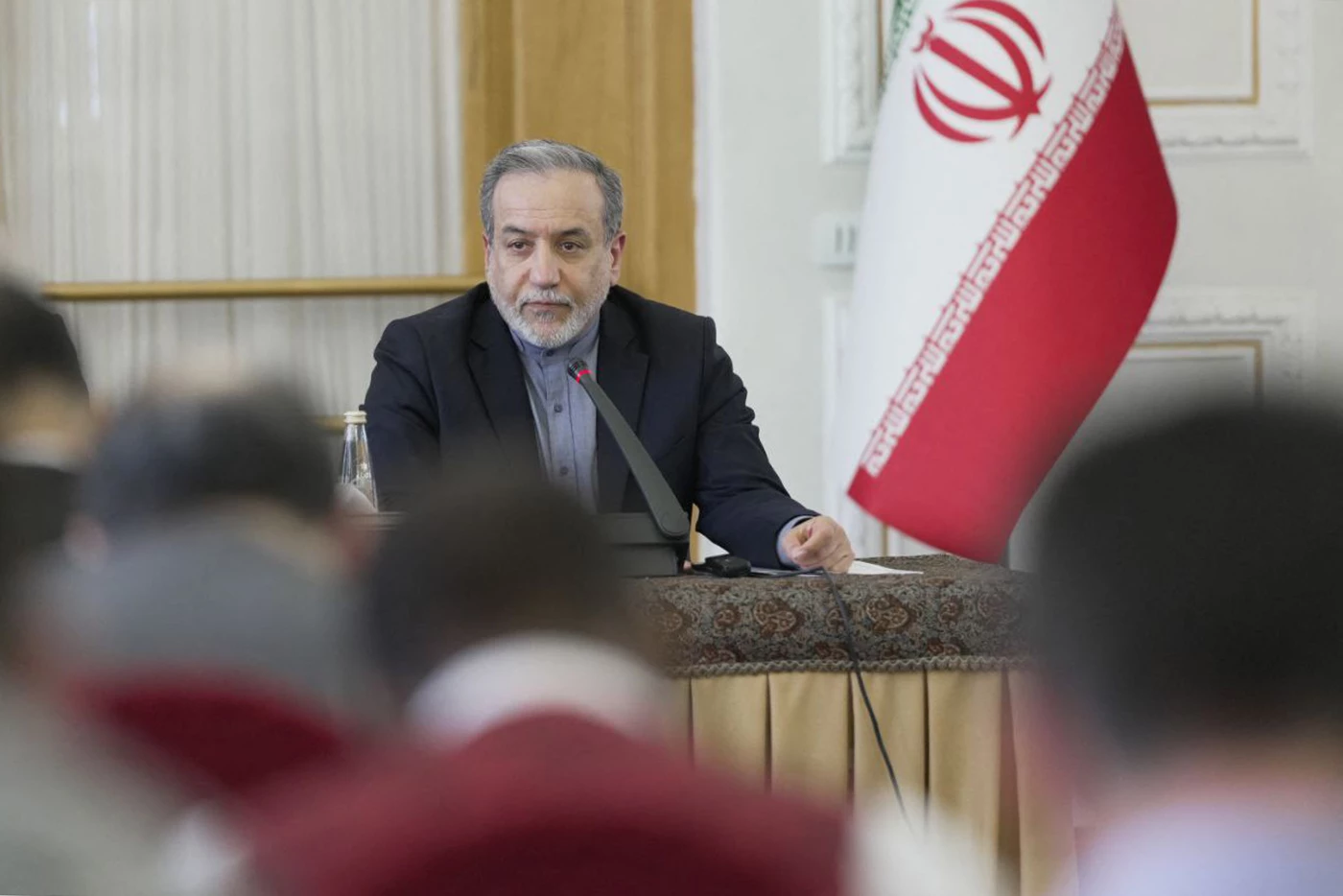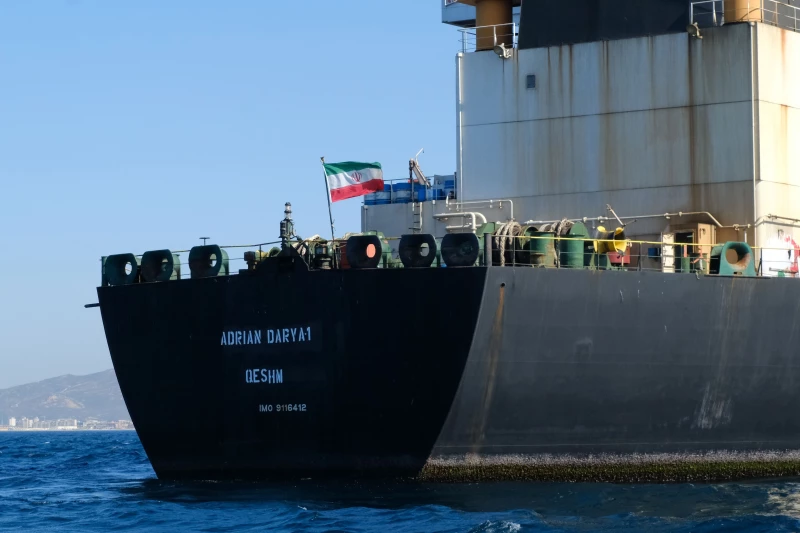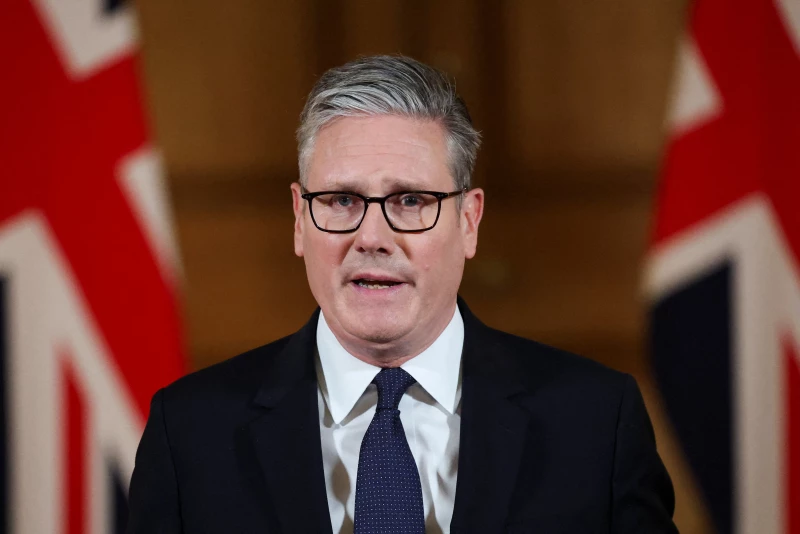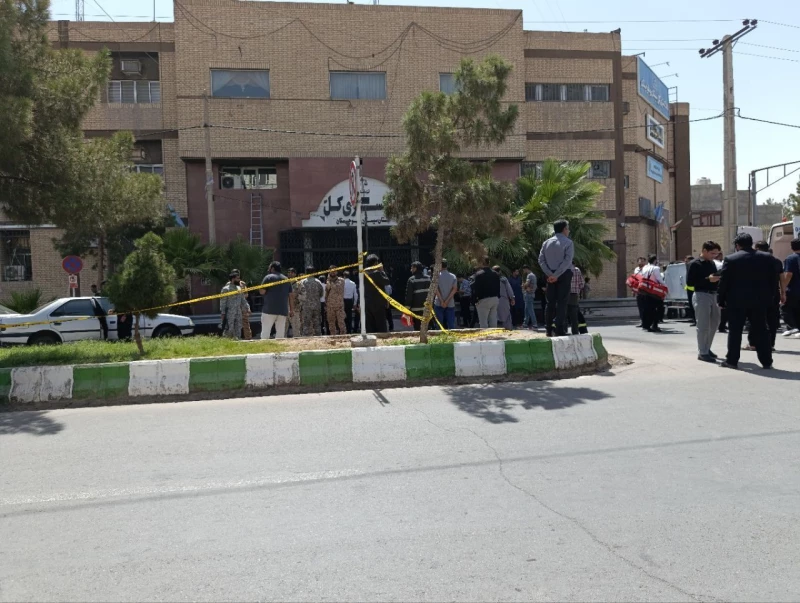ERBIL, Kurdistan Region of Iraq – Iranian Foreign Minister Abbas Araghchi on Thursday told Iranian state media that he will meet with counterparts from France, Germany, and the United Kingdom, as well as the EU’s foreign policy chief Kaja Kallas, in Geneva on Friday.
The Iranian top diplomat’s announcement comes as AFP reported on Thursday that the European Troika’s foreign ministers were set to meet with Araghchi in the Swiss city for nuclear talks, citing unnamed European diplomats.
Araghchi noted in a statement carried by Iranian state media outlet IRNA that the meeting is being held at the request of the European countries.
Iran has traded strikes with Israel in the past week following a large-scale Israeli offensive seeking to cripple its burgeoning nuclear program, with Israeli Prime Minister Benjamin Netanyahu accusing Tehran of “marching very quickly” toward the production of a nuclear weapon.
The European countries with whom Araghchi will meet were all signatories of the 2015 Joint Comprehensive Plan of Action (JCPOA) agreement that saw Iran agree to caps on its nuclear program in exchange for sanctions relief. US President Donald Trump unilaterally withdrew from the deal in 2018 during his first administration, imposing a campaign of “maximum pressure” against Tehran to hamper their nuclear efforts.
Despite their joint mediation efforts with the Iranian side, the European countries in question will likely be heterogeneously influenced by their domestic political contexts and respective relations with the US, Iran, and Israel.
French President Emmanuel Macron on Tuesday urged Israel to halt its military operations against Iranian targets not linked to nuclear activities or ballistic missile programs, saying in a national security council meeting that it is “necessary to urgently end these military operations, which pose significant threats to regional security.”
Macron has in recent times clashed with Israel over its ongoing military campaign in the Gaza Strip, with the Israeli foreign ministry accusing him of waging “a crusade against the Jewish state” as the French leader pushed for Israel to allow humanitarian aid to enter the Strip and mulled the recognition of a Palestinian state.
British Prime Minister Kier Starmer urged “restraint, calm, and a return to diplomacy” in the wake of Israel’s initial attacks; however, he has ordered the build-up of the UK’s military presence in the region and has remained vague on whether British forces will be involved in defending Israel from Iranian strikes.
Meanwhile, German Chancellor Friedrich Merz on Tuesday said that "this is the dirty work Israel is doing for all of us" on the sidelines of the G7 summit in Canada, adding that "we are also victims of this regime. This mullah regime has brought death and destruction to the world."
The EU’s top diplomat, Kaja Kallas, has been quick to caution against further US involvement in the conflict, saying it would “definitely drag the region into a broader conflict, and this is in nobody's interest.”
Araghchi has long been a strong proponent of diplomacy with the West regarding Iran’s nuclear program, engaging in multiple rounds of talks with the US in 2025 with the goal of reaching an agreement. The Iranian top diplomat wrote on X on Wednesday night that “[Israeli Prime Minister Benjamin] Netanyahu manufactured this war to destroy diplomacy… the world should be highly alarmed about increasing attempts by the failing Israeli regime to get others to bail it out and to expand the flames to the region and beyond.”
Since the conflict began on Friday, Iranian strikes have killed at least 24 and injured over 800 in Israel, according to the latest official figures, while human rights groups have reported that over 600 have been killed and 1,300 wounded from Israeli attacks in Iran.


 Facebook
Facebook
 LinkedIn
LinkedIn
 Telegram
Telegram
 X
X



